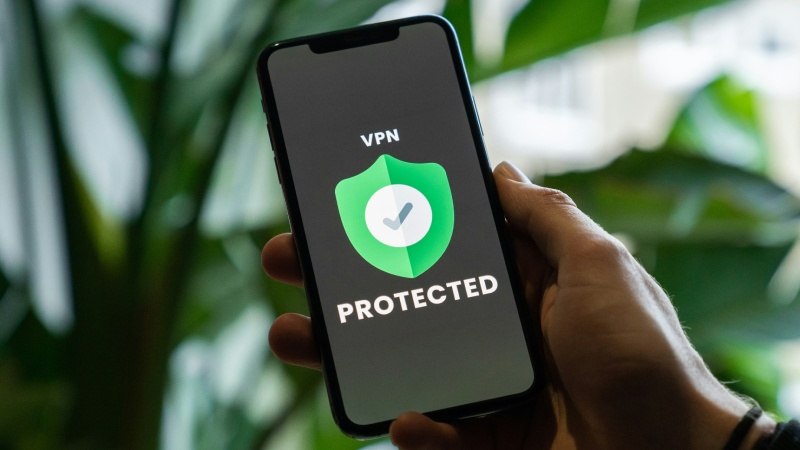
In an era where digital footprints are closely monitored, maintaining online anonymity and privacy has become increasingly challenging. As we step into 2024, new technologies and methods have emerged to help protect your digital identity. This article explores the best methods for achieving online anonymity and privacy, enabling you to make informed choices for safeguarding your data.
The Importance of Online Anonymity and Privacy
With cyber threats and data breaches on the rise, the need for robust online anonymity and privacy cannot be overstated. Here are some reasons why it’s crucial:
- Protection from Hackers: Prevent unauthorized access to personal and financial information.
- Avoidance of Surveillance: Shield your activities from government and corporate surveillance.
- Prevent Identity Theft: Safeguard personal data to prevent identity theft and fraud.
- Secure Communications: Ensure that your communications remain private and confidential.
Top Methods for Achieving Online Anonymity and Privacy
1. Virtual Private Networks (VPNs)
Best VPN providers are a popular choice for enhancing online privacy. They work by encrypting your internet traffic and routing it through a remote server, masking your IP address.
Benefits of Using VPNs:
- Encryption: Protects data from being intercepted.
- IP Masking: Hides your real IP address, making it harder to trace your activities.
- Bypass Geo-Restrictions: Access content restricted to specific regions.
Top VPN Providers:
- ExpressVPN
- NordVPN
- CyberGhost
2. Tor Browser
The Tor browser provides an extra layer of anonymity by routing your traffic through multiple volunteer-operated servers worldwide. This makes it extremely difficult to trace your online activities back to you.
Benefits of Using Tor:
- High Anonymity: Multiple layers of encryption and routing.
- Access to Dark Web: Enables access to .onion sites.
- Free to Use: Open-source and available for free.
Drawbacks:
- Slower browsing speeds due to multiple layers of routing.
- Limited compatibility with some websites.
3. Secure Email Services
Standard email services often lack robust security features. Secure email providers offer end-to-end encryption to protect your communications.
Top Secure Email Providers:
- ProtonMail
- Tutanota
- Mailfence
Benefits of Secure Email Services:
- End-to-End Encryption: Ensures only you and the recipient can read your emails.
- Zero Access Policy: Providers cannot access your data.
- Enhanced Security Features: Two-factor authentication, encrypted storage.
4. Privacy-Focused Browsers
Using a browser focused on privacy can significantly reduce your digital footprint. These browsers block trackers and protect your data.
Top Privacy-Focused Browsers:
- Brave Browser
- Mozilla Firefox with Privacy Extensions
- DuckDuckGo Browser
Benefits of Privacy-Focused Browsers:
- Tracker Blocking: Prevents websites from tracking your activities.
- Built-In Ad Blockers: Removes intrusive ads.
- Enhanced Privacy Settings: Customizable privacy options.
5. Antidetect Browsers
Best antidetect browsers offer advanced anonymity by creating unique browser fingerprints for each session, making it difficult for websites to track and identify you.
Benefits of Antidetect Browsers:
- Unique Fingerprints: Each session appears as a different user.
- IP Masking: Combined with VPNs for enhanced anonymity.
- Multiple Profiles: Manage different identities securely.
Best Antidetect Browsers:
- Multilogin
- GoLogin
- Linken Sphere
Combining Methods for Maximum Privacy
While each method offers significant privacy benefits, combining them can provide even stronger protection. Here are some combinations to consider:
- VPN + Tor: Use a VPN to encrypt your traffic before it enters the Tor network for double protection.
- Privacy-Focused Browser + Secure Email: Ensure your browsing and email communications are secure.
- Antidetect Browser + Proxy: Mask your IP and create unique browser fingerprints for each session.
Conclusion
As digital threats continue to evolve, staying ahead with the best methods for online anonymity and privacy is essential. By leveraging tools such as VPNs, Tor, secure email services, privacy-focused browsers, and antidetect browsers, you can protect your data and maintain your privacy in 2024.